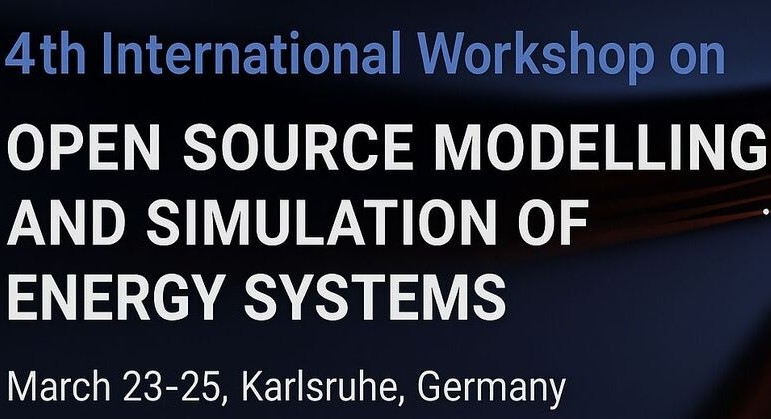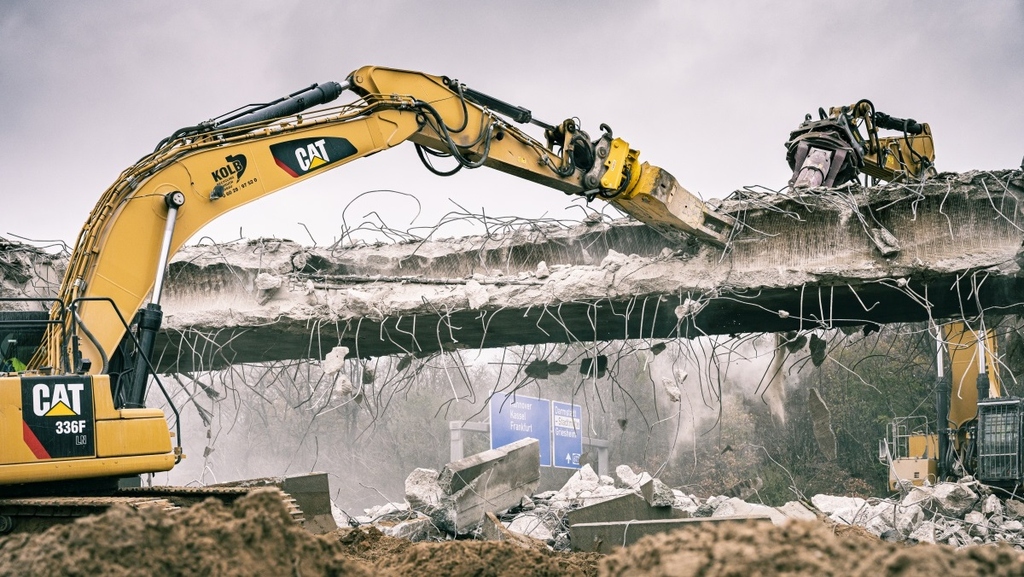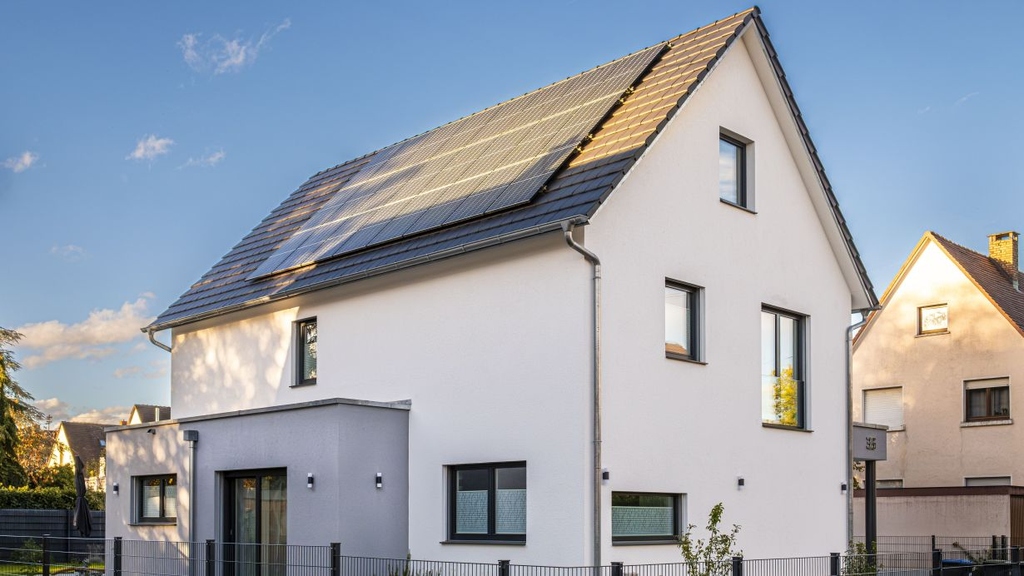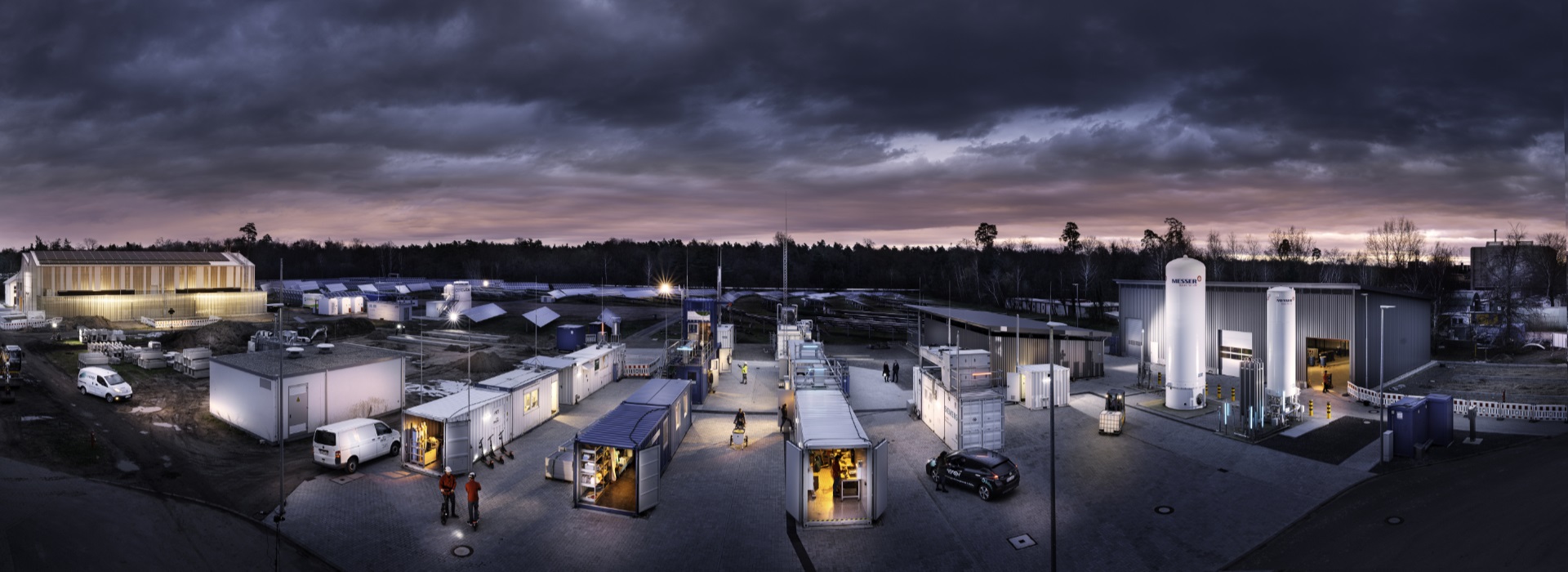Welcome @ Helmholtz Program ESD -
Designing the Energy System of the Future.
Our future energy supply should be carbon neutral, affordable, and socially sustainable. With our “Energy System Design” program, we aim to lead the way and make a significant contribution to the transition to a sustainable global energy system.
NEWS

The 4th International Workshop on ”Open Source Modelling and Simulation of Energy Systems” will take place in
March 23-25, 2026 in Karlsruhe. The Call for Papers is now open.

As part of the Helmholtz Association, KIT operates numerous infrastructures for large-scale research tasks that are unparalleled in the German higher education and science system. In order to strategically integrate this strength into teaching, KIT launched the RIRO – Research Infrastructures in Research-Oriented Teaching University of Excellence project seven years ago. A unique opportunity for students – and researchers. The ESD program is also participating in RIRO with SEnSSiCC and LLEC @ EnergyLab.
Learn more
A Nexus of Energy, Environmental Policy, and Decarbonization Pathways. Achieving Germany's 2045 climate goals requires a radical shift in the cement indstry. A multi-pronged approach is essential.
Learn more
Research is being conducted into how large-scale full electrification using heat pumps, rooftop PV, battery storage, and energy management will affect the grid electricity demand of Germany's residential building stock. The study will examine which building characteristics have an influence and what potential and challenges may arise for end customers and grid operators in Germany.
Learn more
The growing global energy demand, resource limitations, and climate change require urgent innovation in energy supply. As part of Science Year 2025 — Energy of the Future, KIT researchers present forward-looking solutions such as advanced solar cells, fossil-free mobility, alternatives to lithium-ion batteries, and the potential of nuclear fusion. This issue of lookKIT explores these technologies and their role in shaping a sustainable energy future.
lookKIT 02/2025
Three research groups of Jann Weinand are working to provide a sound basis for decision-making for politics, business and society in order to shape the energy transition in a targeted, resource-conserving and socially acceptable way. Find out more about their work.
Learn more (in German)